 Students and pro-Palestinian activists face police as they gather outside of Columbia University to protest the university’s stance on Israel on April 18, 2024 in New York City. (Photo by Spencer Platt/Getty Images)
Students and pro-Palestinian activists face police as they gather outside of Columbia University to protest the university’s stance on Israel on April 18, 2024 in New York City. (Photo by Spencer Platt/Getty Images) Yakira Galler, a first-year student at Barnard College, has had trouble sleeping.
Galler has an apartment that looks out onto Broadway, which divides Columbia University’s campus from Barnard, its women’s college. Each night this week, she has heard crowds of protesters banging pots and pans, chanting “Intifada, revolution” and calling for the Ivy League university to divest from Israel.
The street protests accompanied a much larger on-campus demonstration that devolved into unrest on Thursday, when the university asked police to dismantle an encampment pro-Palestinian students had set up; more than 100 people were arrested. The scenes from Thursday drew global attention, a statement from the mayor and passionate debate over the limits of campus civil disobedience.
For Galler, though, seeing hundreds of students — including some she knows — protesting Israel brought her back to a different time of trauma, not long ago: The days after Hamas attacked Israel, killing some 1,200 people and launching the war in Gaza.
“Wednesday at Hillel felt like October,” she said. “I remember speaking to one of the Hillel professionals, just telling her that all I feel is anger and I feel like I’m being radicalized and I don’t want to be.”
She added, “I just want to be able to think clearly and in a nuanced way and rationally but I am so overcome with these emotions.”
In the months since Oct. 7, Columbia has at times felt like a battleground as pro-Israel and pro-Palestinian students have faced off against each other and, often, the university administration. Thursday’s protest represented an escalation of those tensions, with police entering campus and loading students into NYPD vans.
Reflecting on Thursday’s unrest, Jewish students, most of them in and around the Kraft Center for Jewish Life, where Hillel is housed, told JTA that they felt uncomfortable and unheard on campus. Some said they’re glad the school year is almost over.
Daniel Barth, who graduated last semester and will be participating in commencement ceremonies next month, said he appreciated his time at Columbia and the vibrant political debates on campus. But Barth, who wears a kippah, says that practice has been “tested” recently, including when someone spit near him.
“I’m ready to leave this campus,” he said. “I thought it would be a lot more bittersweet, but I think it’s just a sense of relief. I’m not necessarily attached to being here anymore.”
Ezra Dayanim, also a senior, is enrolled in Columbia’s joint undergraduate program with the Jewish Theological Seminary. He happened to be in a class on political protest when he learned about the arrests on Thursday and said they drove home for him that constructive debate feels impossible at his school.
Pro-Palestinian demonstrations have been far larger and louder than pro-Israel ones, he said. And he feels discussion has been difficult because pro-Palestinian groups have a policy of not engaging with Zionist groups. (The school suspended its chapters of Students for Justice in Palestine and Jewish Voice for Peace, an anti-Zionist group, last semester — a core grievance among pro-Palestinian protesters.)
“I know that we stand in different places, and it’s unfortunate, but neither one of us is going to apologize for what we believe in,” Dayanim said. “So we have to find a way to coexist.”
Dayanim also feels isolated by the response of the school’s student leadership. On Thursday evening, student government officers sent an email to the students condemning the arrests and the university’s calling police to campus. Dayanim responded to the committee and copied multiple deans and the provost, expressing his disappointment in the message.
“We’re members of the student body as well and we want to be represented and seen and heard and we’re not,” he said.
Henry Sears, the co-president of Columbia’s chapter of J Street U, the student arm of the liberal Israel lobby, was sitting in the middle of the Columbia campus when the arrests began. He heard chants of, “NYPD, KKK — the IOF, they’re all the same,” the latter a reference to the Israeli military that refers to Israel as an occupying force.
Other chants he heard, including “From the water to the water, Palestine is Arab,” and videos of flares that he saw later that night, made him feel “very uncomfortable and unsafe in my neighborhood,” he said. He emphasized that he supports Palestinian statehood alongside Israel.
“I am really involved in this area on campus,” he said. “There are definitely a good amount of people who — they know who I am and they know my political views. Even though I’m part of J Street, so my political views include a separate state of Israel alongside a separate state of Palestine, but that’s not what they want.”
Some students expressed misgivings about the police crackdown on the protests, even as they said the messages made them uncomfortable.
“I recognize the consequences that come with the the NYPD entering campus, especially with students of color,” Galler said, speaking by phone because she was taking a break from being on campus.
“I don’t think that should be the first decision,” she said. “That being said, from what I saw, the NYPD did not act with violence, and I think they dealt with the situation as it needs to be dealt with. … [When it] got to a point where you had people outside breaking NYC laws, then I can understand why the university felt that they needed to bring in force.”
Second-year law student Hannah Wander also drew a distinction between student and non-student protesters. “The students have more boundaries,” she said, adding that they wouldn’t “directly attack people.” As she spoke, a testament to public Jewish life at the school was unfolding next to her: Male Jewish students were wrapping tefillin with the Chabad rabbi, Yuda Drizin.
“The chants are bad, but you don’t tend to get people saying, ‘We want more October 7th’ or explicitly pro-Hamas,” she said.
Daniella Coen, an Israeli citizen and a senior in the first class of Columbia’s dual-degree program with Tel Aviv University, said the chants were no small matter. She told JTA she could hear chants of “intifada” on Thursday from where she was studying inside Butler library.
“I have family members who survived the Holocaust and people who died in the intifada, in the Sbarro pizza shop,” she said, referring to a large terror attack in Jerusalem in 2001 near the beginning of the second intifada, a years-long campaign of Palestinian terror attacks in Israel. “The entire family, multiple children, everybody.”
Asked whether the events of the past week have changed her view on Columbia, Coen said, “I’ve had a good education on the campus.” She added that she “100%” believes in the right to protest. But she worries that, following Thursday, she no longer identifies with the image Columbia projects to the world.
“In terms of what the school purports to stand for,” she said, “I’m having difficulty with that.”








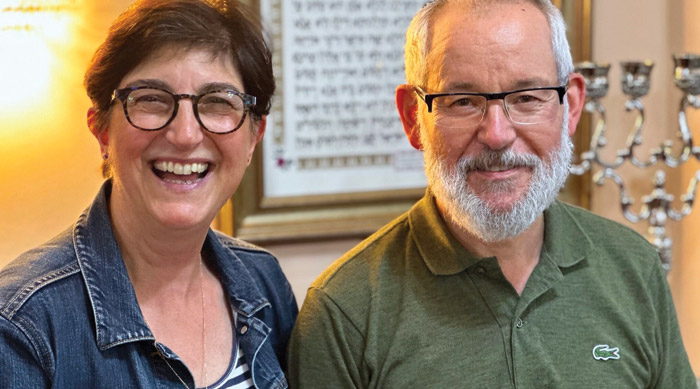
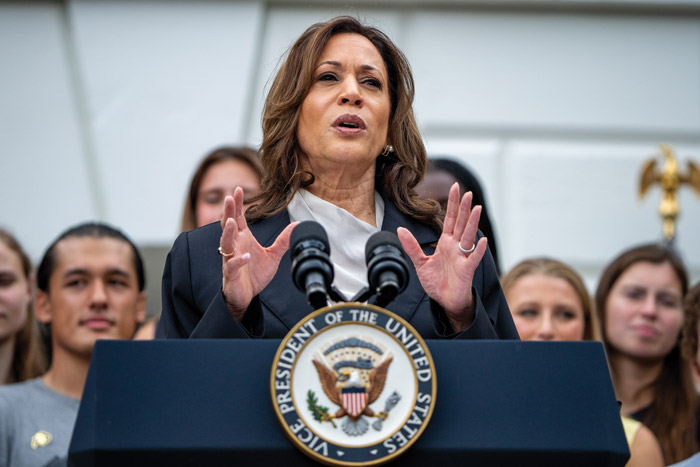
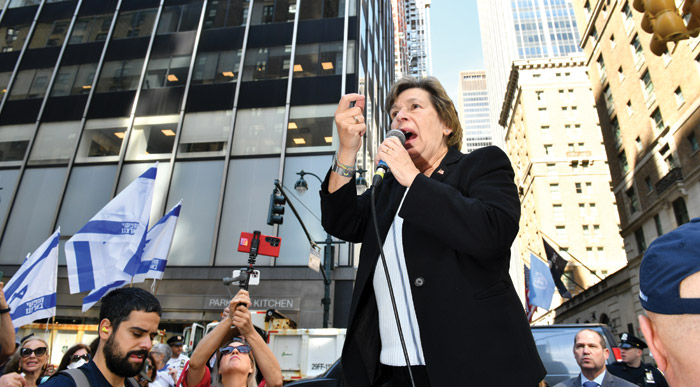
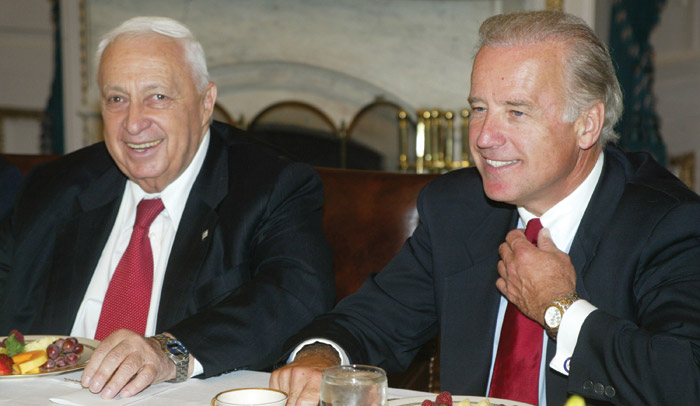
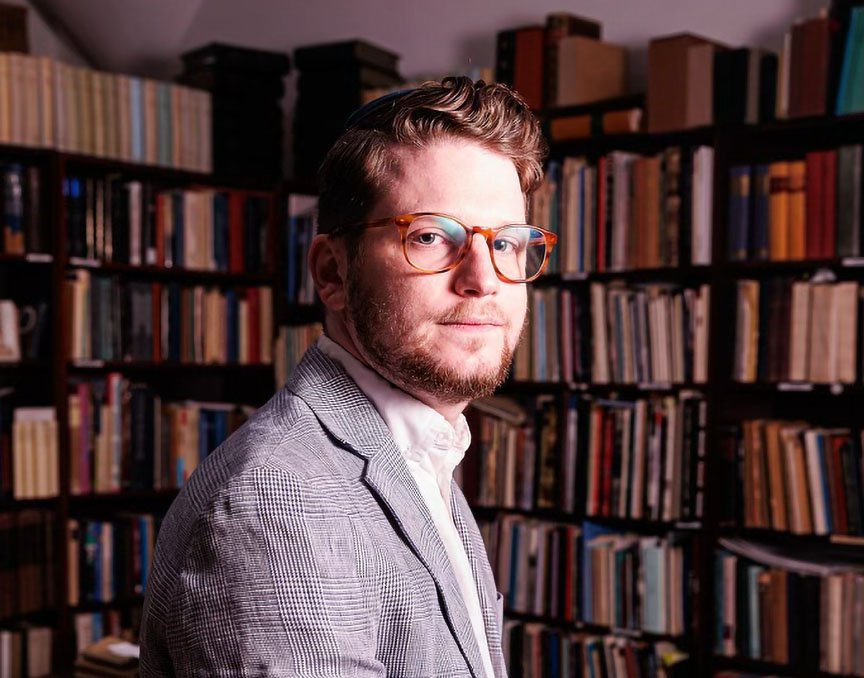

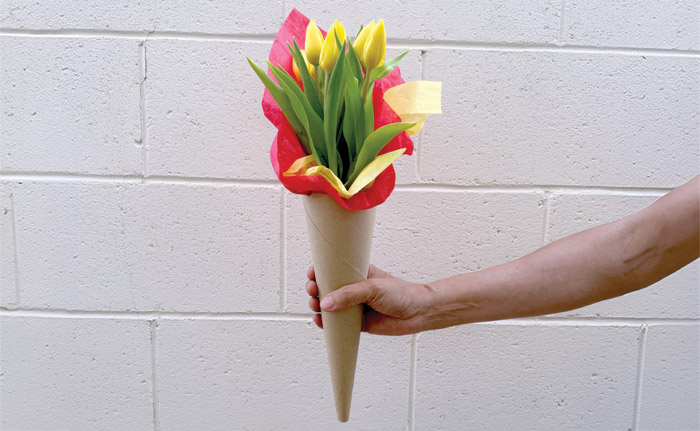
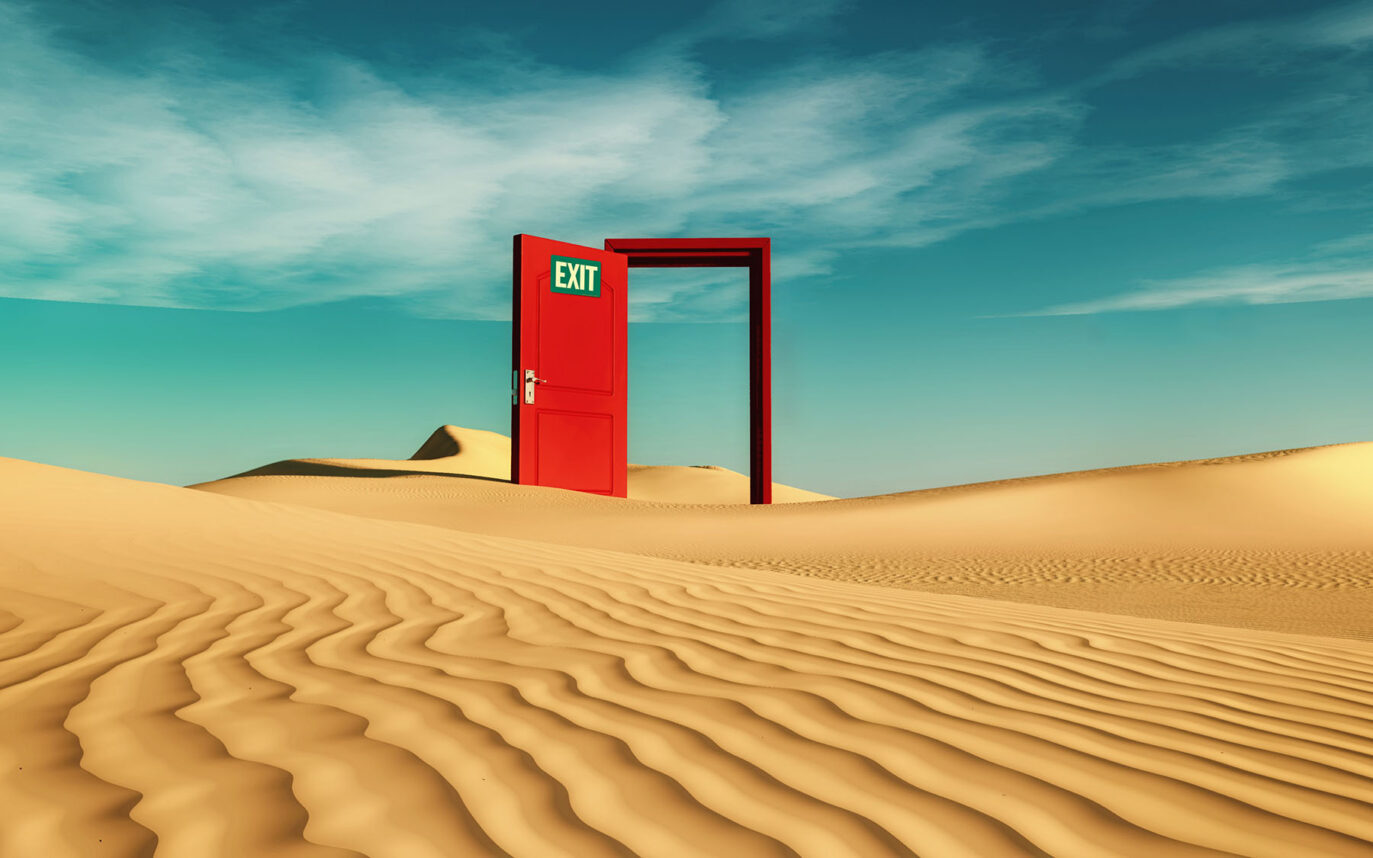
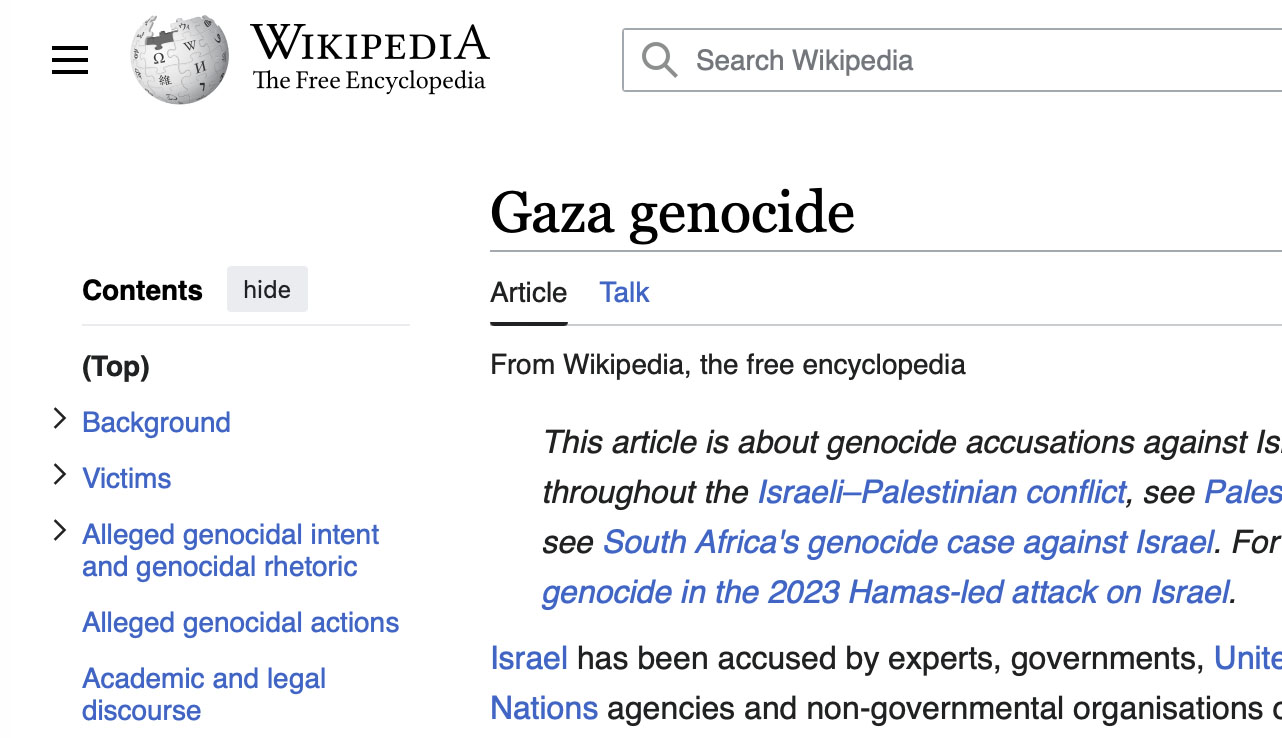



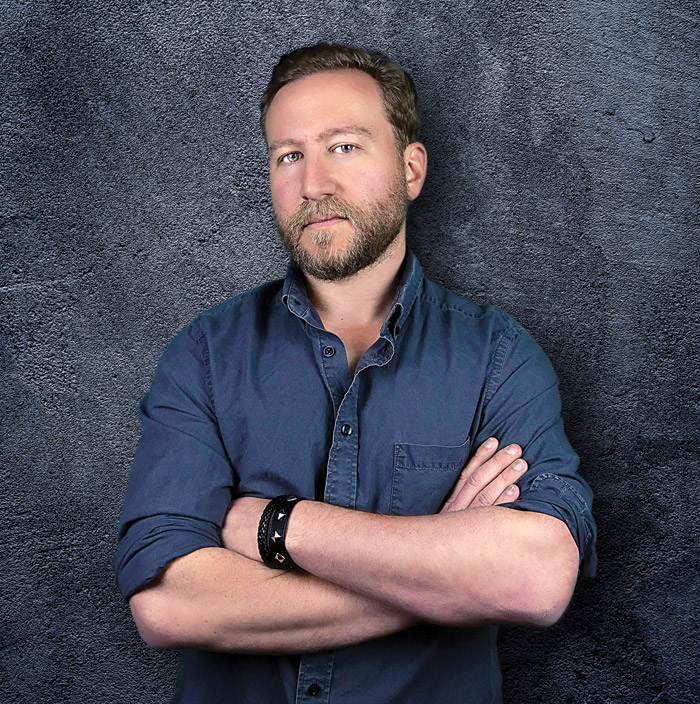

 More news and opinions than at a Shabbat dinner, right in your inbox.
More news and opinions than at a Shabbat dinner, right in your inbox.